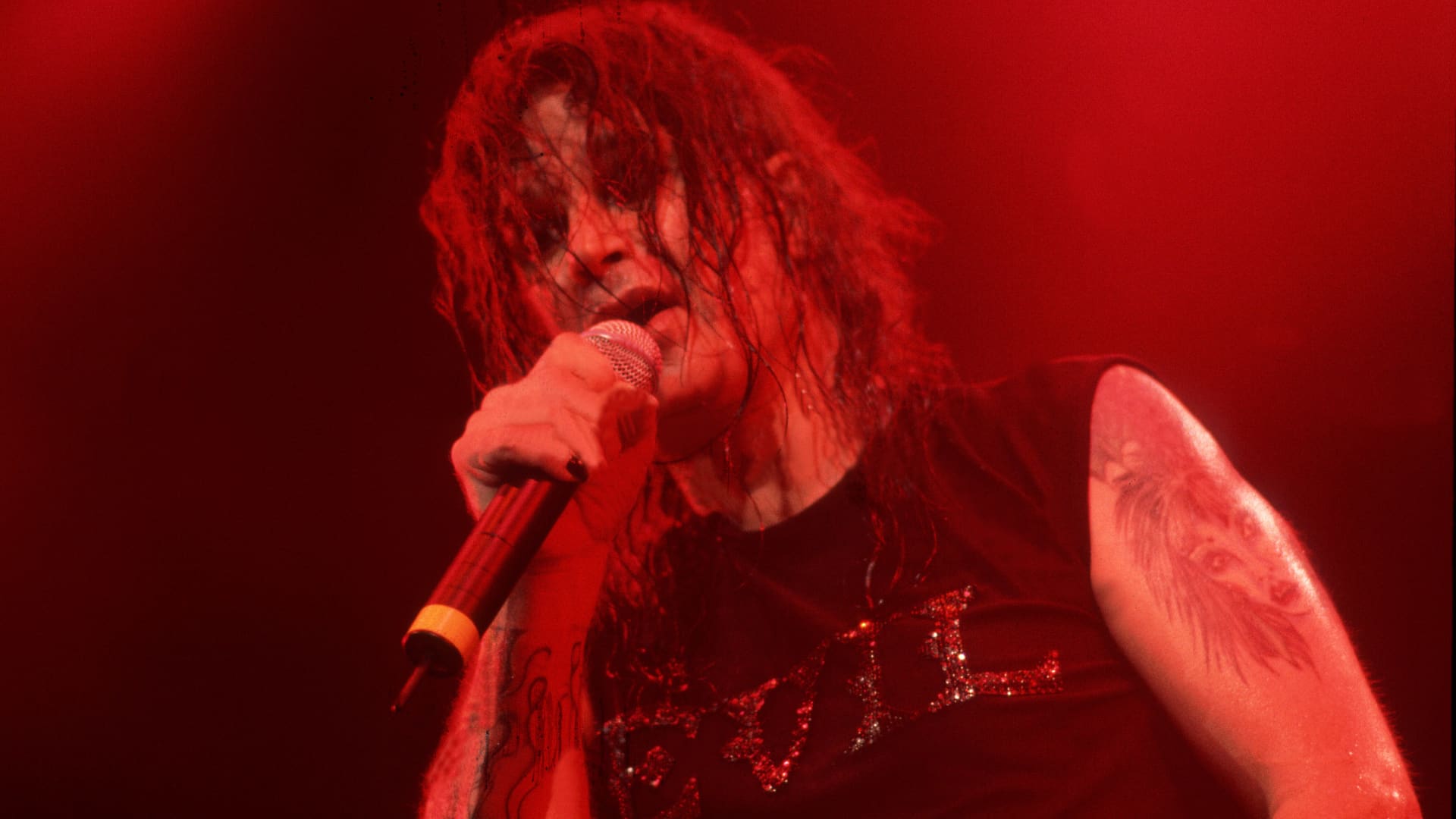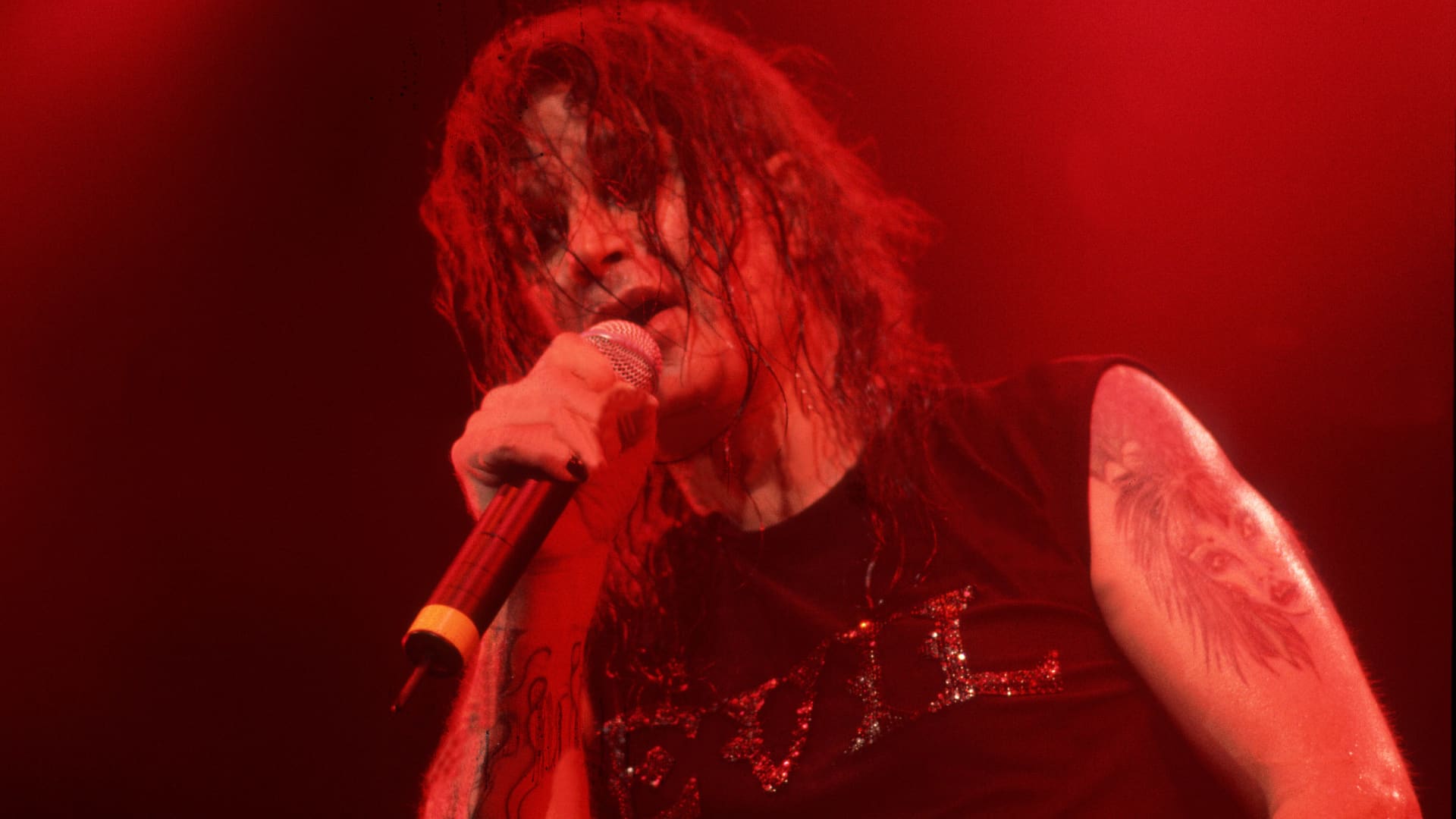The Prince of Darkness: Remembering Ozzy Osbourne (1948-2025)
A Life of Rebellion and Reinvention
John Michael “Ozzy” Osbourne, the man who would become the “Prince of Darkness,” was born into a world far removed from the glamour and excess that would later define his life. His early years in Birmingham, England, were marked by hardship and struggle, experiences that would later fuel the raw, rebellious energy of his music. From the moment he picked up a microphone, Osbourne was destined to challenge norms and redefine the boundaries of rock and metal.
Osbourne’s journey began in the working-class streets of Birmingham, where he found solace in the raw power of early rock and roll. His voice, a distinctive wail that could convey both anguish and triumph, became his weapon of choice. In 1968, he joined forces with guitarist Tony Iommi, bassist Geezer Butler, and drummer Bill Ward to form Black Sabbath. Together, they created a sound that was as dark as it was revolutionary.
The Birth of Heavy Metal
Black Sabbath’s self-titled debut album, released in 1970, was a seismic event in the world of music. Tracks like “Iron Man,” “Paranoid,” and “War Pigs” became anthems for a generation that felt marginalized and disenfranchised. The band’s music explored themes of war, social alienation, and the darker aspects of human nature, resonating deeply with audiences who sought catharsis in the face of adversity.
Osbourne’s vocal style, characterized by its haunting melodies and raw emotion, became a defining feature of the heavy metal genre. His ability to convey both vulnerability and power set him apart from his contemporaries. Black Sabbath’s music was not just about loud guitars and fast tempos; it was about storytelling, about capturing the essence of human struggle and triumph.
A Solo Career Forged in Fire
Despite Black Sabbath’s success, internal conflicts and Osbourne’s struggles with substance abuse led to his departure from the band in 1979. Many believed his career was over, but Osbourne proved them wrong with a vengeance. In 1980, he launched his solo career with the album *Blizzard of Ozz*, featuring the guitar virtuoso Randy Rhoads. The album was an instant hit, propelled by the singles “Crazy Train” and “Mr. Crowley.”
Osbourne’s solo work showcased his unique vocal style and songwriting abilities, solidifying his status as a major force in rock music. His live shows were legendary for their energy, theatrics, and Osbourne’s unpredictable behavior. He became known for his outrageous stage antics, including biting the head off a bat during a performance, an incident that only added to his infamous reputation.
The Prince of Darkness and Reality TV
In the 21st century, Osbourne experienced a resurgence in popularity with the MTV reality show *The Osbournes*. The show offered a behind-the-scenes look at his family life, showcasing his eccentric personality and his interactions with his wife Sharon and their children, Kelly and Jack. *The Osbournes* was a massive hit, introducing Osbourne to a new generation of fans who knew him more for his reality TV persona than his music.
While some criticized the show for exploiting his personal life, Osbourne embraced the attention and used it to further his career. The reality show also demystified the “Prince of Darkness” image, revealing a more human and relatable side of Osbourne. He became known for his garbled speech, his love for his family, and his surprisingly endearing clumsiness.
Beyond the Music: The Enduring Influence of Ozzy Osbourne
Ozzy Osbourne’s impact extends far beyond his music. He became a cultural icon, known for his distinctive look, his rebellious attitude, and his willingness to embrace controversy. He was a symbol of rock and roll excess, but also a testament to the power of perseverance and reinvention.
His influence can be seen in countless bands and musicians who followed in his footsteps, drawing inspiration from his music, his stage presence, and his uncompromising artistic vision. He helped to pave the way for the acceptance of heavy metal in mainstream culture, and his music continues to resonate with fans of all ages.
A Final Bow
In recent years, Osbourne faced numerous health challenges, including Parkinson’s disease and a series of surgeries. Despite these obstacles, he remained committed to his music and his fans. He continued to record and perform, defying the limitations of his physical condition.
His final performance with Black Sabbath was in their hometown of Birmingham in 2017, a fitting end to a legendary career. While he had planned further solo performances, his health ultimately prevented him from touring extensively.
The Legacy Lives On
Ozzy Osbourne’s legacy is etched in the annals of rock and roll history. He was more than just a musician; he was a cultural phenomenon, an icon of rebellion, and a symbol of the enduring power of music. His songs will continue to be played, his image will continue to be emulated, and his spirit will continue to inspire. The Prince of Darkness may have left the stage, but his music will resonate forever.
Osbourne’s journey from the streets of Birmingham to the pinnacle of rock and metal is a testament to his resilience and creativity. He was a pioneer, a rebel, and a survivor. His music will continue to inspire and entertain for generations to come, ensuring that the legacy of the Prince of Darkness lives on.












